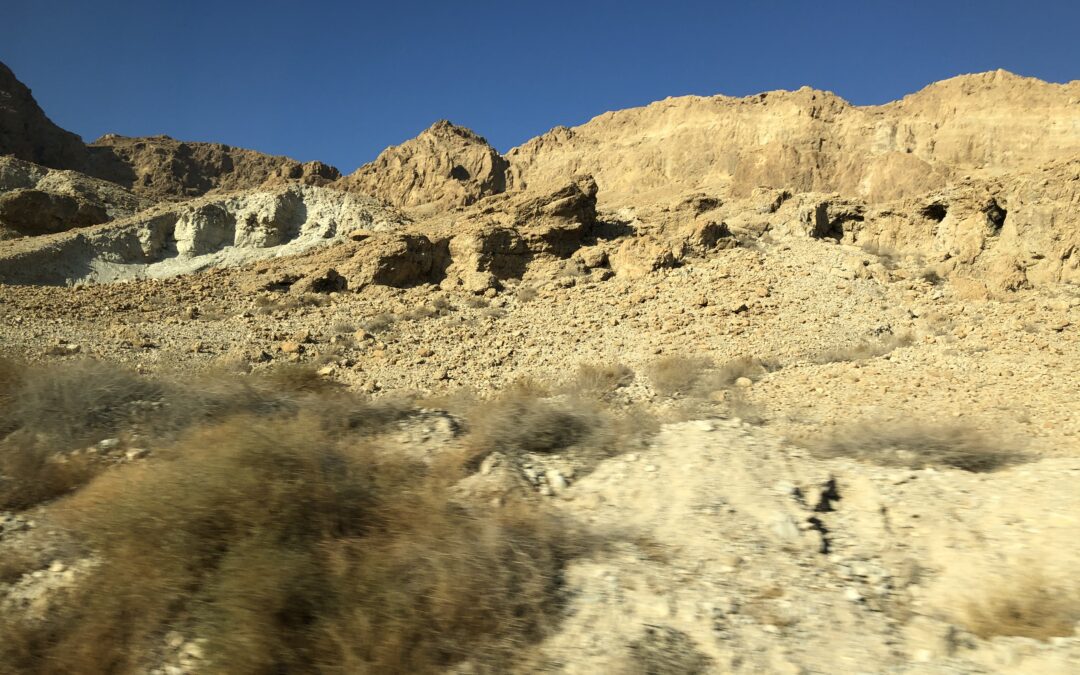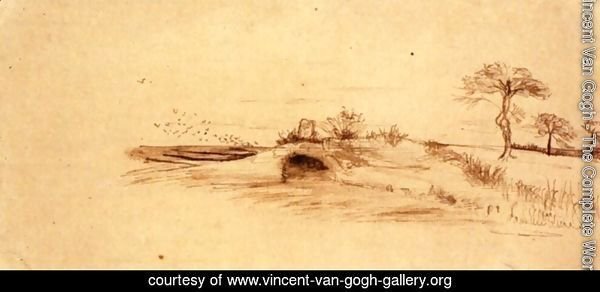Image Credit: circunda-tederosas.blogspot
Ki Tissa: Aging and Reconciliation
by Anita Silvert
“When the people saw that Moses was so long coming down from the mountain, the people gathered against Aaron and said to him, ‘Come, make us a god who shall go before us, for that man Moses, who brought us from the land of Egypt, we do not know what has happened to him” (Ex 32:1)
So begins the first fundamental crisis in the Covenant between the people of Israel and God. This wasn’t like Abraham and Isaac; horrifying as that was, it was a family crisis. This one involved and affected what was now suddenly the nation of Israel, as it just began to come into existence. These were people three months out of slavery. They had experienced the great crashing sounds of Revelation, the tachlis–day-to-day–rules of how to behave with each other in parashat Mishpatim, and the enormously detailed instructions of building a Tabernacle and dressing its priests.
We know the story: Aaron builds a Golden Calf to appease the people who stand against him, Moses comes down the mountain, sees what’s going on, smashes the set of tablets, and takes control again. He crushed the Golden Calf into powder, mixed it with water, and made the people drink it.
I have long thought that this story is the best one for Selichot, when we begin reflecting on our actions in the past year, as we approach the High Holidays. In fact, I’ve led many Selichot services with this text at the core.
I specialize in a technique of text study called Bibliodrama. It is a carefully facilitated experience that encourages hearing our own voices in the ancient stories, creating our own midrash. Usually, a Bibliodrama experience starts with a question, and then participants are guided as they take on various roles and voices in the story. For example:
MOSES (upon seeing Aaron and the Calf): What the hell is going on here? I left you in charge, and THIS is what happens?
AARON: What do you mean, left me in charge? You left me no instructions, nothing! You didn’t say how long you’d be gone, what I was supposed to do? The people were gathering against me!
MOSES: I can’t believe this! How can I forgive you for this? You’ve ruined everything I’ve built.
AARON: You’ve built? You put me in this situation, I didn’t ask for it! Apologize for that, little brother!
And the scene could continue, with other Moses’ and Aarons jumping in with their points of view. We could have remorseful Aarons, apologetic Moseses… even God could get into the scene, along with perhaps confused Israelites, scared Israelites, relieved Israelites, etc.
Imagine these scenarios: Maybe Moses really wanted the priesthood, and set Aaron up to fail? Ibn Ezra asked, “how could Aaron become a High Priest when he built an idol? And later, when God was ready to destroy the people for their actions, and Moses talked God out of it,
GOD: I’ve had it with these people! I’m starting all over with you, Moses, as the leader.
MOSES: I’m not sure that’s a good idea. What will people say? And besides, what did You expect from a group of people just out of slavery? Don’t You think they’d still be tied to a visual deity? Maybe YOU’RE partly responsible here?!!
That conversation might continue with accusatory God-voices (Moses, you’re really not doing a very good job if this is what happens when you step away), or Israelite voices expressing remorse or jubilation or admiration for Aaron’s decision-making, etc.
All of these conversations, real and imagined, revolve around accusation and recrimination, and ultimately, reconciliation and Divine forgiveness. After God’s statement of fury, Moses’ pleas that God not destroy the people, a plague, and a massacre, Moses says to the people “You have been guilty of a great sin. Yet I will now go up to Adonai; perhaps I may win forgiveness for your sin” (Ex 32:30) The people realized what they’d done, and went into mourning. Moses confronted God with the frustrations of leading this ragtag group of ex-enslaved people, and God came to see Moses’ point. And finally, Moses came among the people, with a new set of tablets, and proclaim what is so familiar to us from the High Holiday liturgy, “Adonai Adonai, a God compassionate and gracious, slow to anger, abounding in kindness and faithfulness, extending kindness to the thousandth generation, forgiving iniquity, transgression, and sin” (Ex 34:6-7)
As Rabbi Rachel Cowan and Dr. Linda Thal note in their book, Wise Aging: Living with Joy, Resilience, and Spirit, forgiveness and reconciliation are a large part our lives, as we age and perhaps begin reflecting on our [past] relationships. “…An important relationship can be a troubled one…” (p 139). But that makes the process of forgiveness in all its forms, all the more important. Forgiveness doesn’t mean forgetting–it doesn’t mean we have ceded over our right to be hurt or angry–but it does mean that it’s too draining to live life with such anger and resentment.
Nelson Mandela said, “Reconciliation means working together to correct the legacy of past injustices.” Reconciliation is different from forgiveness. It means we see each other through clear eyes, beyond “who did what to whom?”, and we realize we can’t move forward if we’re still mired in the past. When God saw Moses as a human who is suffering, when Moses saw Aaron as a man with few choices ahead of him, and when the people realize their actions have truly done damage to their relationship with God, they can all move past the pain, toward reconciling with each other. And with that, a community transitions into one stronger than before.
Getting older is a transition we are lucky enough to approach with intention. We can look back at many moments that gave us not only joy, but pain. By reconciling and even forgiving, we can meet the future with a lightness of heart and a capacity for generosity in our souls.
Anita Silvert is a Jewish communal leader, and independent educator, trainer, and facilitator. Previously, she was Director of Enrollment for Spertus Institute, National Director of Outreach for Chai Mitzvah, and an Adult Educator at JCC Chicago. A founding volunteer for Limmud Chicago, she sits on the North American Limmud Board, and has taught at Limmuds all over the country, and the UK. Silvert is a certified Bibliodramatist, using role-playing and improvisation to explore sacred text. She has been a residential scholar at congregations, women’s organizations, and retreats. She was the Theater Director at OSRUI Camp. Silvert received her BA in Voice from University of Iowa, and her MA in Jewish Education from Spertus. She lives in Northbrook IL with her husband Don, and whichever of her adult children are around.











0 Comments